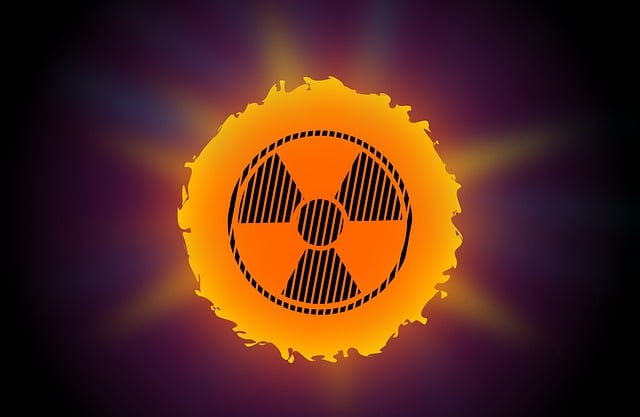
and Health
Our skin is vulnerable to the sun, and ultraviolet (UV) radiation is the biggest environmental contributor to the signs of aging. UV radiation has a variety of negative effects on the skin, leading to quick skin cell death and impedes skin’s ability to regenerate. While spending time in the sun is important to boost your mood and produce vitamin D, it is essential to use sunscreen and other protective clothing to shield your skin against damage and premature aging.
UV Rays and Skin Cancer
Exposure to UV radiation increases a person’s risk for skin cancer. The exact mechanism for skin cancer associated with UV exposure remains speculative, but one possible explanation is that UV radiation damages the DNA of skin cells. UV radiation has been linked to three primary forms of skin cancer: basal cell carcinoma, squamous cell carcinoma, and melanoma. Basal cell carcinoma is the most common form of skin cancer and is also the least dangerous; however, melanoma is the least common form, yet the most aggressive. According to a report from the American Cancer Society, more than 8,500 Americans are expected to die from melanoma in 2021.
UV Rays and Aging Skin
UV radiation is linked with many signs of aging skin, such as wrinkles, age spots, and sagging. UV radiation accelerates the breakdown of collagen, resulting in wrinkles and sagging skin. Sun exposure also creates dark spots or age spots caused by an overproduction of melanin, which is the pigment that gives skin its color. Additionally, UVA and UVB rays can cause sunburn, which can lead to skin cancer, dehydration, and premature aging.
Healthy Sun Habits
It is important to take precautions to protect your skin from the sun’s UV rays to prevent skin cancer and premature aging. Seek shade, especially during intense midday sun, and wear protective clothing such as a hat and sunglasses, when outdoors. Sunscreen is also important in protecting your skin from UV radiation. When purchasing sunscreen, look for ones that are broad spectrum (protecting against both UVA and UVB rays) and have at least SPF 30 or higher. Sunscreen with an SPF of 45 or higher should be used when you are engaging in outdoor activities such as swimming or working outdoors. Additionally, check the expiration date on your sunscreen, as expired sunscreens are no longer effective.
In summary, UV radiation is an important environmental factor to consider in order to maintain healthy skin and prevent skin cancer and early signs of aging. To guard yourself against UV radiation, be sure to practice healthy sun habits such as seeking shade, wearing protective clothing, and always using sunscreen.
